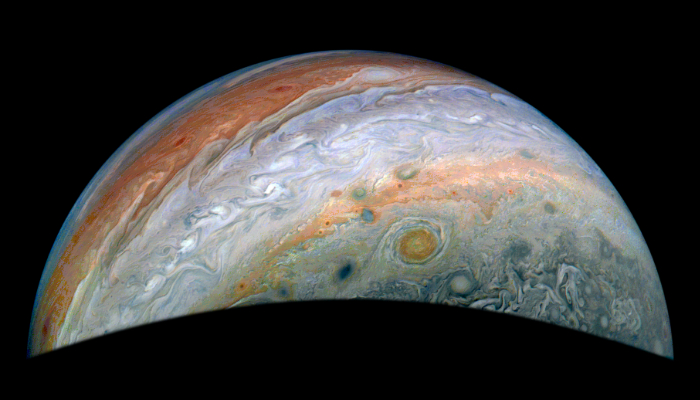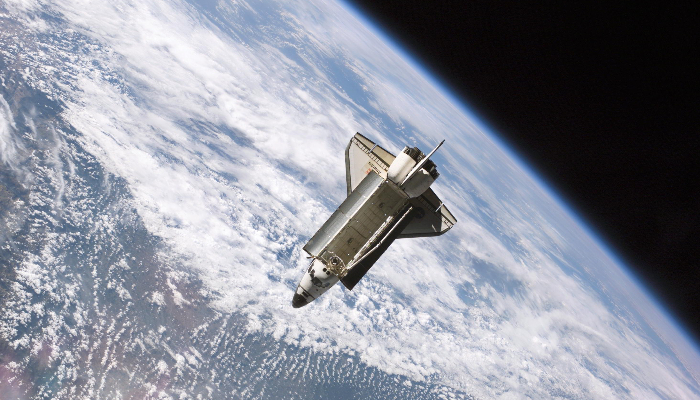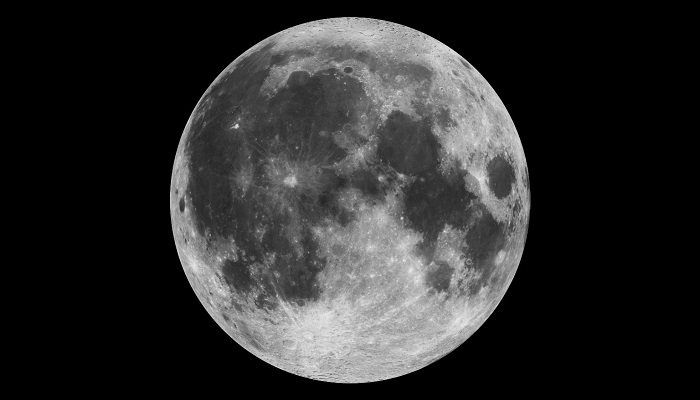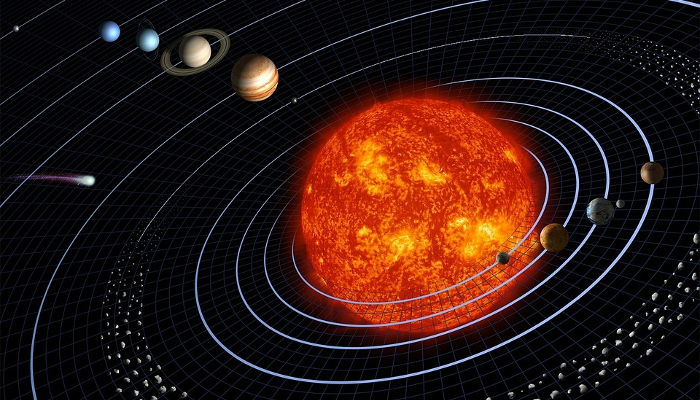Planets
Where can I find information about the different planets in our solar system?
(Years 5-8)

Image: JUPITER | PJ70 Jet N5 by Jackie Branc. Collection: NASA / SwRI / MSSS © CC BY 3.0.
Entry last updated: 18/07/25
Introduction
Planets are round objects that move in circles around stars. There are 8 planets in our solar system (including Earth), and 5 dwarf planets. These planets move around our star, which we call the Sun.
The planets
Here is a list of planets in our solar system.
Mercury: Closest to the Sun, this planet gets both very hot and very cold.
Venus: The brightest planet in the solar system.
Earth: The third planet from the Sun and our home - it's unique in many ways.
Mars: Sometimes called the ’red planet’ because it’s tinted red by iron oxide.
Jupiter: The largest planet, more than 300 times larger than the Earth.
Saturn: The second largest planet, which is surrounded by rings.
Uranus: The seventh planet from the sun, with 28 moons (that we know of).
Neptune: The planet farthest away from the sun.
Dwarf planets: Pluto, Ceres, Eris, Makemake and Haumea.
Facts and pictures
There are some great websites that have useful and reliable information about the planets, even though they are so far away! A lot of this information has been collected by satellites and spacecraft that are sent into space to find out more about planets and how the solar system works.
This is a website run by NASA which has some awesome pictures and facts about our solar system. NASA is an overseas government organisation that researches and explores space.
Select the Planets dropdown menu near the top of the page.
Choose the planet you are interested in.
We liked the About Planets topic which shows our whole solar system.
This website is supported by NASA and has some great answers to astronomy questions.
Keep going down the page until you find the planet you're looking for.
Choose a question to explore your planet eg
Explore this site to find the answers to lots of questions about space and about each of the planets.
Tips: We like sites that are from government or other reputable organisations, because we can trust the information. You can sometimes tell these sites by their web address – they might have .gov or .edu in their address – or by looking at their About us or Contact pages.
BBC Bitesize is a school work website from another country. It also has some great facts about planets and the solar system (note that the videos on this site won't work for us here in New Zealand).
Go to the search bar at the top of the site which says Search Bitesize.
Use the keywords 'solar system planets'.
Try different topic pages, like Planets or our Solar System or Structure of the Solar System.
Tips: Search words, or keywords, are the most important words in our question. Usually it’s better to leave out small words like ‘the’, ‘a’ and ‘of’ and just choose the main ones, eg 'solar system'. We can always change our keywords or add more if we need to.
Articles and videos
Humans have been interested in the planets for thousands of years, long before people knew what planets were like or how far away they are. Thanks to spacecraft and powerful telescopes we are now able to observe planets more closely and find out more about them. Try these websites for more detailed information about the planets.
This is one of the EPIC resources. EPIC is a collection of reliable databases covering lots of different topics. It’s put together especially for New Zealand school students and helps to answer questions like this. You may need to login.
Search for 'planets'.
Choose the planet you want to research eg Neptune.
Select Images & Videos to see pictures of your planet.
In the Related topic, select Web's best sites to find some other websites to explore.
Tips: To use the EPIC resources, you need a password from your school librarian. Or chat with one of our AnyQuestions librarians to help you online. Some EPIC databases may also be available through your public library.
This is another EPIC resource which allows you to explore different science topics through models. You may need to login.
Go to Browse Activities.
Look down the list of topics on the left to find Astronomy (under Earth Science).
Select the topic page for the planet you want, like Mercury.
Each topic page has a model you can explore and an in-depth article on the topic.
Tips: To use the EPIC resources, you need a password from your school librarian. Or chat with one of our AnyQuestions librarians to help you online. Some EPIC databases may also be available through your public library.
Books
There have been many books written about the planets - check out your local public or school library to see what they have.
Some recommended titles are:
My book of stars and planets by Parshati Patel.
Planets by Carole Stott.
Learn about space and planets : explore the wonders of our universe by Susan Akass.
Curious questions & answers about... the solar system by Ian Graham.
SCIS no: 1832261
Topics covered
Related content

Explorers and exploration
Where can I find information about famous explorers and where they explored?

Space
Where can I find information about space?

Moon
Where can I find information about the moon?

Space exploration
Where can I find information about space exploration?

Sun (junior)
Where can I find information about the Sun?
